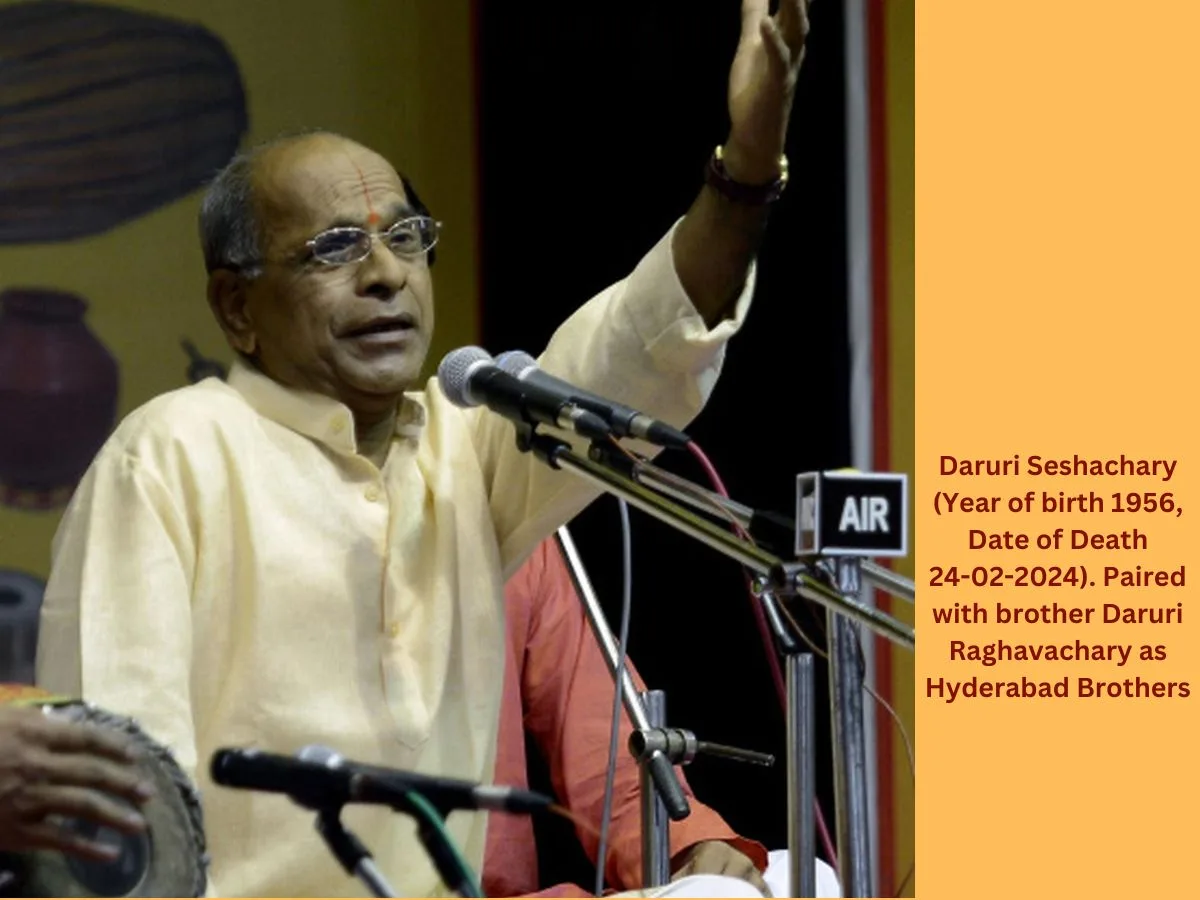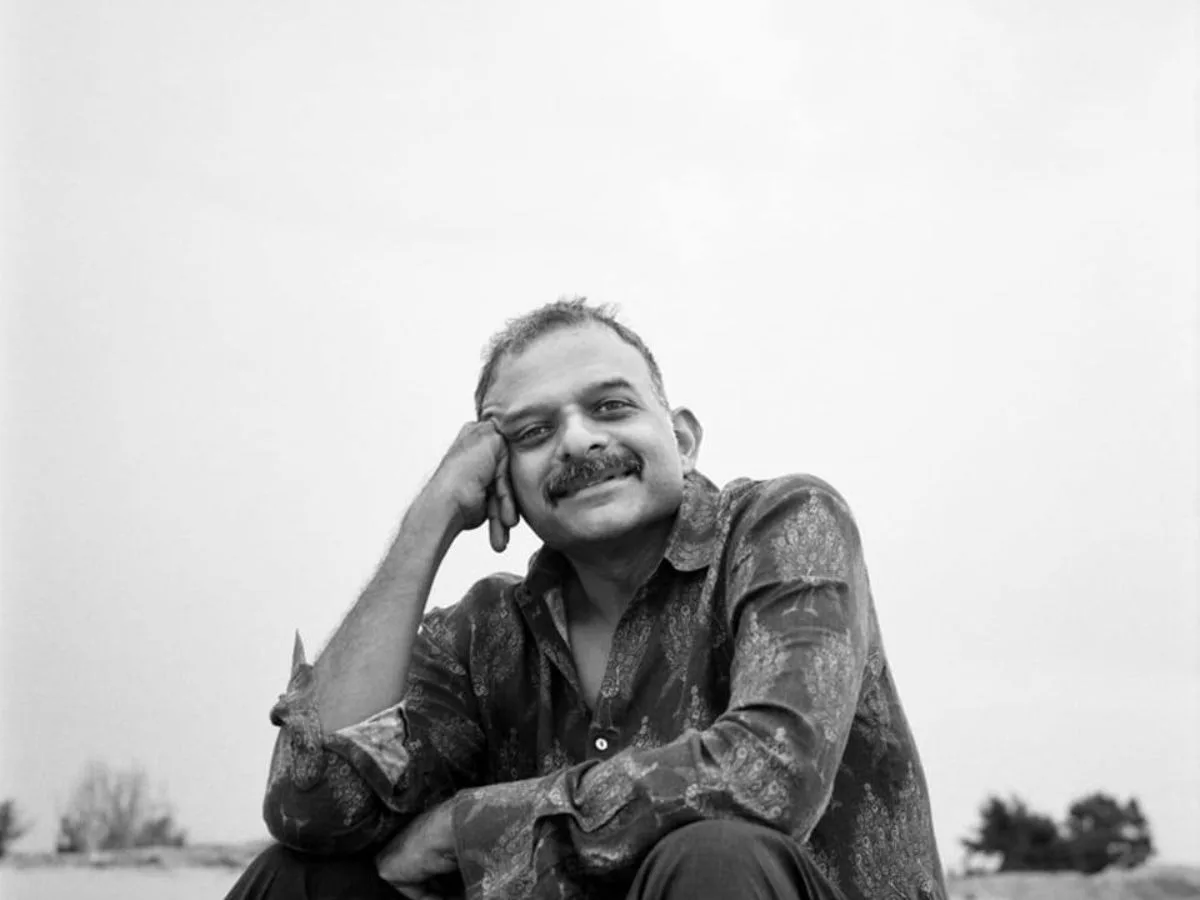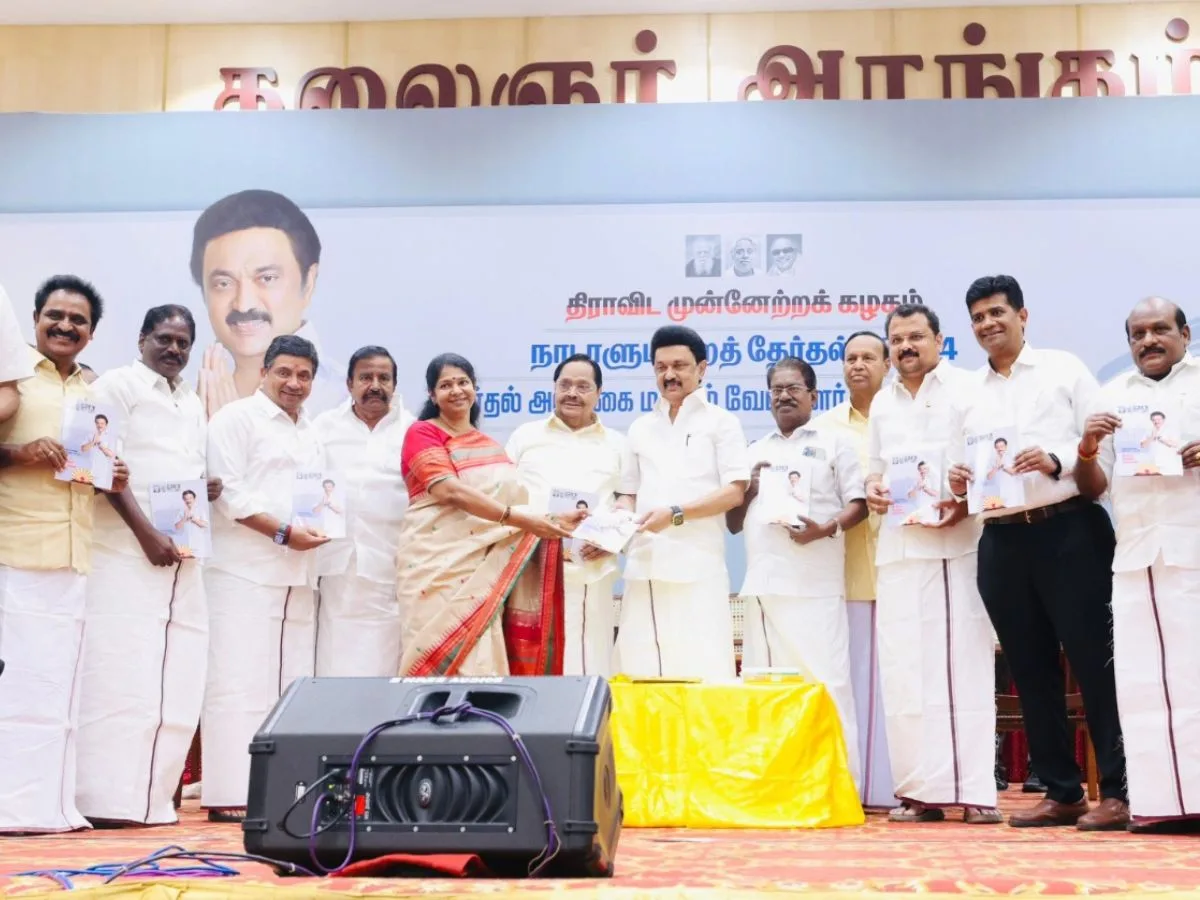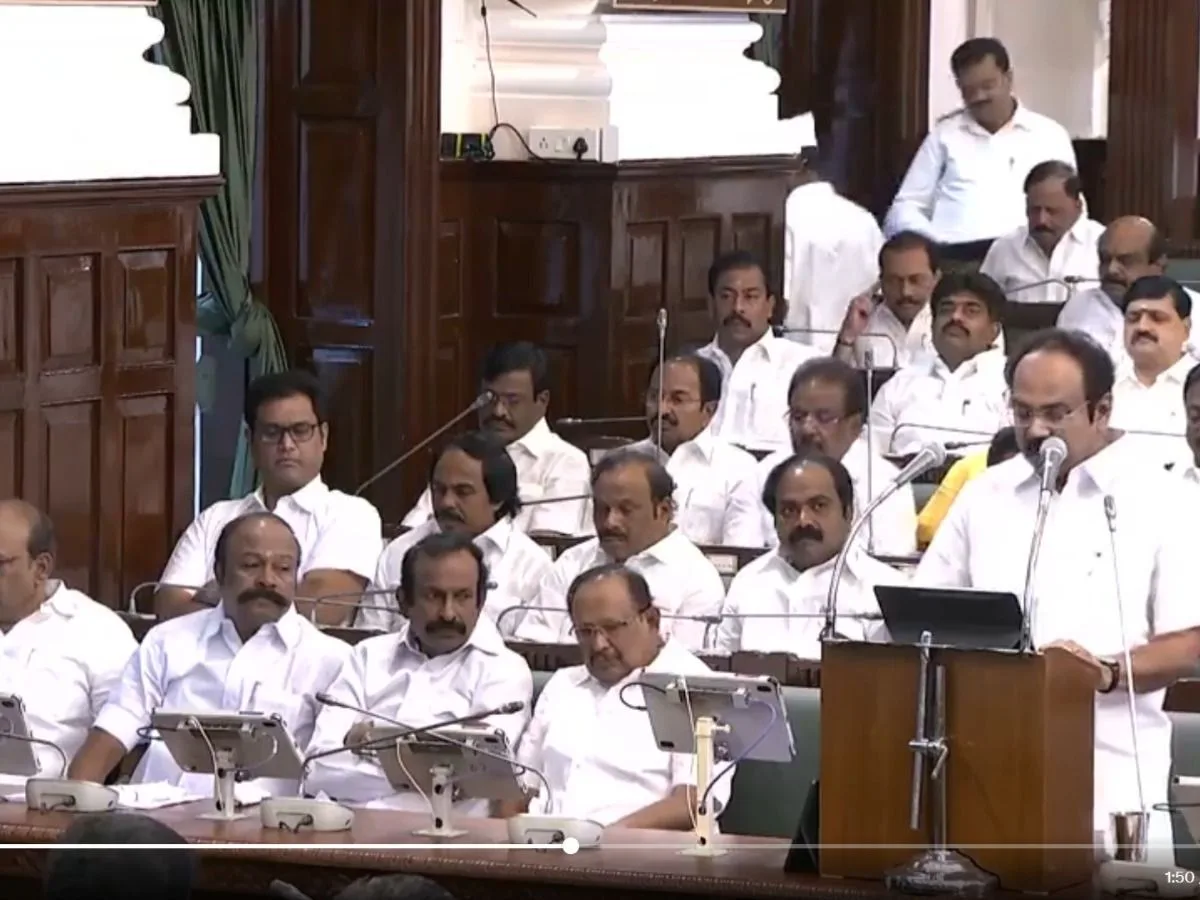Read in : தமிழ்
Used One-Liners to reach the masses
One night, after concluding a public meeting in Coimbatore, Karunanidhi called up the Murasoli (DMK party organ) office in Chennai and asked the news editor whether the report on his speech had arrived, and whether the article was ready for the banner story with eight-column headline on page one. The News Editor fumbled for words and said the article had reached and it was ready for page one banner story, but the editorial team was not able to find a suitable eight-column headline for his speech. Karunanidhi said, “You want an eight column headline. Take down – Kadal Kaanaadha Kovai Kanda Makkal Kadal (Coimbatore which has no ocean saw an ocean of people), — that is to convey how large the turnout at the public meeting was. “Check out the eight-column headline and see whether it fits”, Karunanidhi said, waiting on the line. The News Editor said, “It fits. What a wonder”, he said, exclaiming that what he and his team of editors could not do in one hour, Karunanidhi could achieve in less than a minute.
That is the enormous capacity Karunanidhi had in whichever field he undertook. His early days of work for Tamil magazines and the daily Murasoli stood him in good stead. Which was why he could always think and act like a journalist.
He knew from an early age the power of the media and how they can be used. Towards the end of every public meeting, Karunanidhi would provide an announcement of an agitation or a party programme which would be the headline and the opening paras of the news items prepared by reporters of dailies then. This would be a new announcement and he would give it on a platter towards the conclusion of his speech. The reporters would not have to struggle to identify the headline or the highlights of a Karunanidhi. He almost did the work for them.
A Man Dies Only Once
Karunanidhi was an excellent parliamentarian. He would attend Assembly sessions without fail, whether in power or in the opposition for a good part of his career. Even as an opposition leader, he had the talent to pin down a chief minister like MGR with just a question. When MGR announced in the Assembly at the end of a debate on grants to the police department, that families of police personnel who die during an act of bravery while on duty would be paid Rs 10,000. Karunanidhi immediately got up and pointed out that families of government employees who died in harness were already being paid Rs 10,000 if they died while in service. Is the MGR announcement an extra amount or is it the same as already existing, he asked. Meaning, would the family get the existing amount of Rs 10,000 or Rs 20,000? MGR was taken back, he took a moment to smile at Karunanidhi, and then said, Maranam Enbadhu Oru Murai dhaan (A man dies only once). He meant that the family would get only Rs 10,000 and not Rs 20,000.
When the Assembly adjourned a few minutes later, officials rushed towards the press and clarified that the family of a valiant cop would get Rs 20,000, that is, an extra Rs 10,000.
Such was the mastery and cleverness of Karunanidhi that he could put even a chief minister on the mat with just one question.
On another occasion, the Assembly discussed the Paul Commission report on the death of HRCE verification officer Subramania Pillai in the Tiruchendur temple complex which upheld the charge of the opposition parties that it was a case of murder (fearing that the officer would expose the irregularities in the temple administration) and not suicide. Prior to the Assembly session, Karunanidhi had divulged the contents of the Paul Commission report as the AIADMK government had not revealed its contents. When the Assembly met and the DMK demanded that the Commission report should be tabled in the Assembly as is customary, the government released the Commission papers along with its Action Taken Report (ATR) which defended the government view that it was a case of suicide, differing from the report of its own Commission.
Karunanidhi, speaking during the debate, said the ATR was a document prepared by the police to protect the AIADMK government and to claim that the Commission report was wrong. He likened the ATR to Visham (poison), while the Paul Commission report which came out with the truth was like Paal (Milk), punning on the word Paul. He asked the government not to table the ATR with the Commission report. Holding the Commission Report in his left hand, Karunanidhi said this is Paal or Milk, and then holding the Action Taken Report in his right hand, he said this is Visham (Poison), and then holding them together in one hand,
he said, “Don’t mix the Commission Report and Action Taken Report. Don’t mix Paal and Visham (Don’t’mix Milk and Poison)”, to the cheers of his party MLAs.
That speech of Karunanidhi and his demonstration at the end of his speech on Milk and Poison will go down in the annals of parliamentary democracy as one of the finest speeches ever. Karunanidhi displayed eloquence and means of communication as no one else had.
Kaamanum Illai, Radhiyum Illai
Though he was not fluent in English, he could use a combination of English and Tamil words at will for effective communication. When parties like the Congress talked to other opposition parties and wanted to put up a Common candidate and defeat the AIADMK, Karunanidhi was not keen on it. When the press wanted to know if the DMK would unite with the opposition and fight the AIADMK through a Common candidate, Karunanidhi replied, Kaamanum Illai, Radhiyum Illai in literary style to reject the idea of a common candidate, punning on the word Kaaman (Common).
Defended Use of English
Karunanidhi, though a votary of the party slogan Engum Tamizh Edhilum Tamizh, also defended use of English, which might surprise many. When releasing a publication called Rising Sun (which had his nephew Murasoli Maran as Editor), Karunanidhi, anticipating criticism from a section of the people on his act of releasing an English publication, recalled an incident of Kamaraj defending use of English. In the State Assembly when a DMK MLA said Tamil should be used everywhere and English should be thrown out, CM Kamaraj spoke to Anna across the table said, Please listen to what I have to say”, and asked Karunanidhi sitting next to Anna to also hear him out. Kamaraj said, If you throw out English, Hindi will come in and occupy that space. Karunanidhi said Kamaraj had in simple language explained brilliantly why use of English was needed, and added Kamaraj’s advice was relevant for all time to come.
Karunanidhi himself coined the excellent and effective slogans for his party’s election campaigns. Even in those days, he had used the One-Liners. For the 1980 Lok Sabha elections, he had forged an alliance with Indira Congress though PM Indira Gandhi had got his government dismissed in 1976. He came up with the slogan ‘Nehruvin Magalae Varuga, Nilaiyaana Aatchi Tharuga (Come Nehru’s daughter, Give us a stable government). It was a hallmark of communication – appealing in the name of the Nehru-Indira legacy, and also appealing in the name of stability, a key issue for the voters. As it turned out, the slogan was a big hit.
When MGR was unwell and hospitalized in America, and elections were held to the State Assembly, Karunanidhi had to counter the sympathy factor for MGR and yet seek votes for the DMK. His slogan was Nanbar Nalampera Nalvaazhrhugal, Naadu Nalam Pera Kazhaguthukku Vaakkugal (Give your good wishes to friend –MGR- for his recovery, Give votes to DMK for recovery of the State). However, the slogan was not appreciated in some circles and the DMK withdrew it after the first round of campaigning.
He also came up with imaginative slogans like Thaalikku Thangam Illai, Thaalikka Vengaayam Illai (No gold for mangalsutra, no tomatoes to cook), pinpointing the rise in prices and the poor implementation of the scheme of gold for mangalsutra.
When the opposition parties claimed that the DMK government was claiming success over bringing Krishna water for Chennai, and said what had arrived was rain water from the canals, Karunanidhi quipped, “All water is rain water” (Ellaa Neerum Mazhai Neerdhaan).
Camphor surrounded by Fire
A reporter asked Karunanidhi if there was any change in the decision to re-impose prohibition in the State, Karunanidhi said “Ippoadhaikku Illai” , meaning not for now, punning on the word Poadhai which referred to intoxication. When lifting prohibition, he justified it on the ground that when liquor flowed freely in all neighbouring States, how would it be possible for Tamil Nadu to prevent it. Tamil Nadu was like an island in the midst of States which had liquor, he said and added, “Tamil Nadu was like camphor surrounded by fire on all four sides”. He used such metaphors as a powerful tool of communication.
Scarcely has a person used such powerful means of communication using language skills, wit, presence of mind, metaphors and imagery.
Read in : தமிழ்











